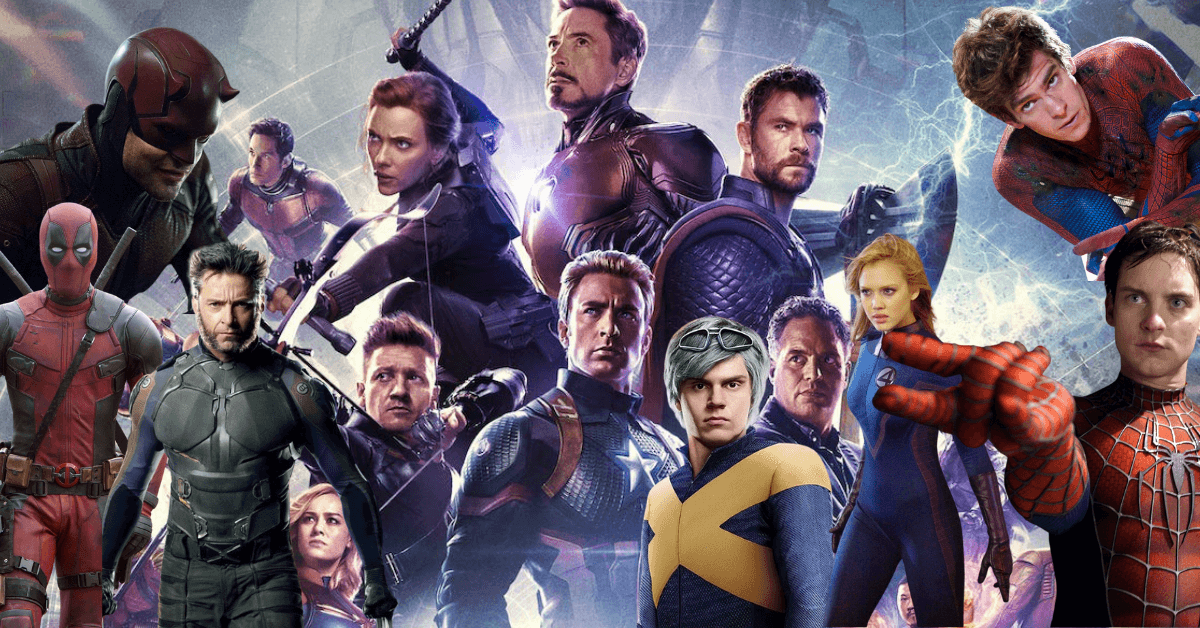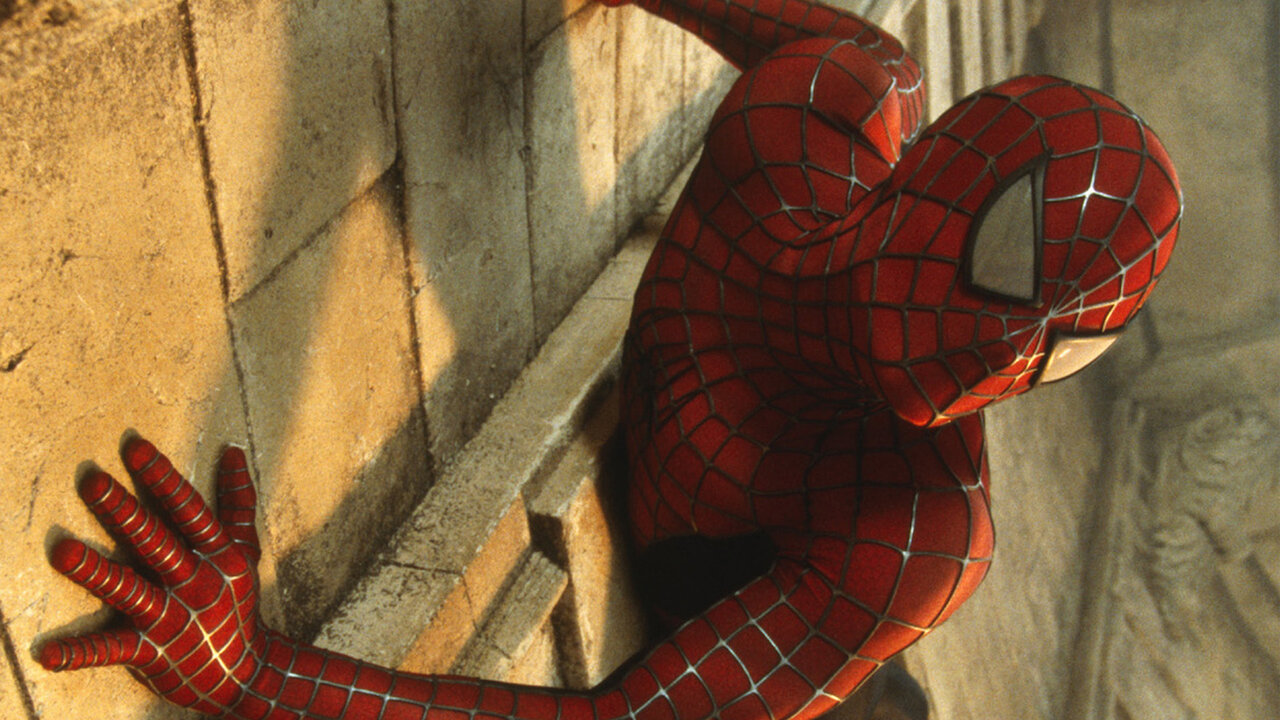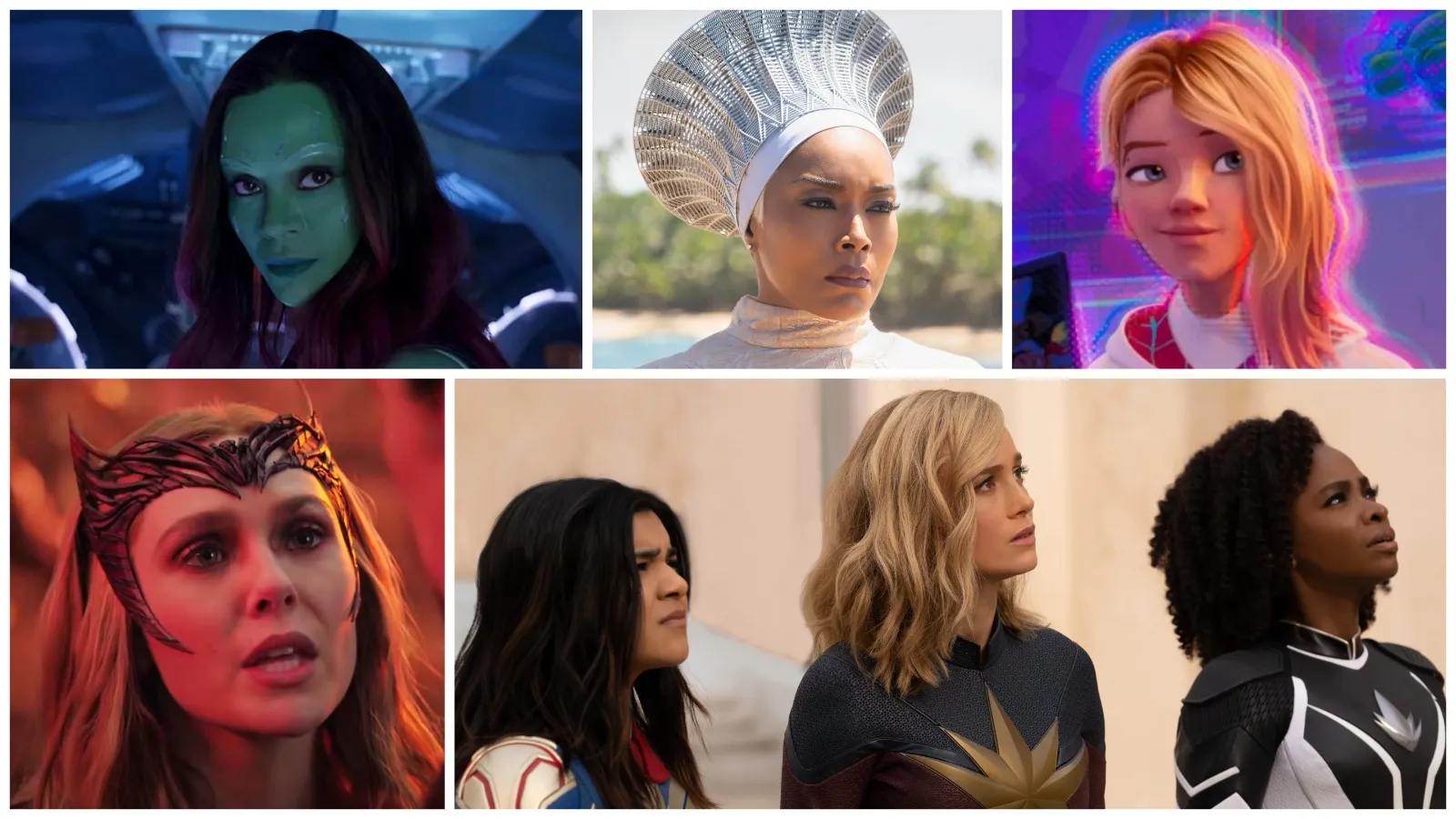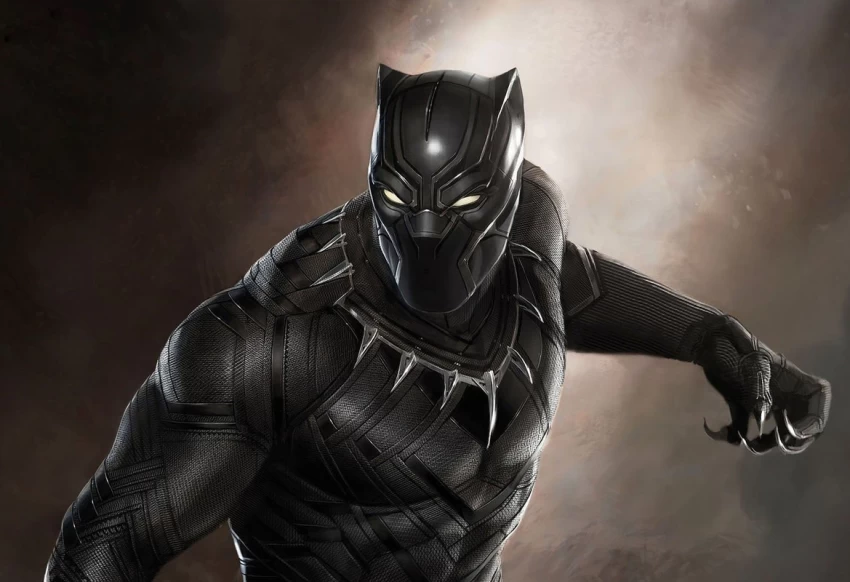In recent years, Marvel’s cinematic universe (MCU) has undergone an exciting transformation with the introduction of the multiverse theory. This concept has dramatically expanded the possibilities for storytelling within the MCU. The idea of the multiverse, where multiple parallel universes coexist simultaneously, allows Marvel to explore new narratives, introduce alternate versions of beloved characters, and push the universe’s boundaries in ways that were once considered impossible.
The Origin of the Multiverse in Marvel
The multiverse concept has deep roots in Marvel’s comic book history. It was first introduced in The Fantastic Four #20 in 1963, written by Stan Lee and illustrated by Jack Kirby. However, it wasn’t until the 1980s and 1990s that the multiverse became a significant feature in Marvel comics, allowing different versions of characters to interact with one another across parallel dimensions. This laid the groundwork for the multiverse we now see being explored on the big screen.
In Marvel’s vast comic book universe, the multiverse is home to infinite universes, each with its own distinct versions of Earth, characters, and events. For instance, in one universe, Spider-Man might be Peter Parker, while in another, he could be Miles Morales or Gwen Stacy. This concept not only gives Marvel endless opportunities for storytelling but also allows them to explore alternate realities where the stakes are higher and anything is possible.
Introducing the Multiverse to the MCU
Marvel Studios made its first significant foray into the multiverse with Doctor Strange in the Multiverse of Madness (2022). Directed by Sam Raimi, the film follows Doctor Strange as he navigates through alternate realities to stop a catastrophic event that could destroy the multiverse. The movie showcases numerous universes, each with its version of Strange and other familiar characters like Wanda Maximoff, who has a crucial role in the multiversal conflict.
Following Doctor Strange, the Disney+ series Loki (2021) also played a significant role in establishing the multiverse. The show follows Loki, the God of Mischief, as he discovers the existence of alternate versions of himself and witnesses the creation of the multiverse. This series sets the stage for Marvel’s larger multiversal saga, showing the implications of tampering with reality and the consequences that come with it.
Perhaps the most notable recent example of the multiverse expanding Marvel’s universe is the success of Spider-Man: No Way Home (2021). The film combines multiple versions of Spider-Man from previous film franchises, including Tobey Maguire and Andrew Garfield’s iterations of the beloved character, alongside Tom Holland’s Peter Parker. The movie celebrates the multiverse with nostalgic callbacks and emotional reunions between the three Spider-Men while setting up future stories where the multiverse plays a key role.
The Future of the Multiverse in the MCU
The multiverse is far from a passing trend in Marvel’s narrative, with upcoming films like Ant-Man and the Wasp: Quantumania (2023) and The Marvels (2023), as well as future Disney+ series like What If…? season 2, Marvel Studios is diving even deeper into the concept. The multiverse will provide endless opportunities for crossovers, new character arcs, and endless storytelling possibilities that can defy a single universe’s limitations.
Moreover, the introduction of the multiverse allows Marvel to bring in characters from the broader Marvel Comics universe and other media. This includes the potential return of characters previously introduced in Fox’s X-Men and Fantastic Four films, opening the door for a new generation of superhero team-ups and team-ups between beloved characters from various corners of Marvel’s expansive universe.
Conclusion
The multiverse theory has not only revitalized Marvel’s storytelling but has also given fans an unprecedented experience in narrative possibilities. By tapping into the multiverse, Marvel can experiment with different versions of characters, bring in crossovers from other franchises, and maintain the awe and wonder that has kept audiences captivated for over a decade. As the MCU expands, the multiverse will remain a cornerstone of Marvel’s ever-evolving universe.




